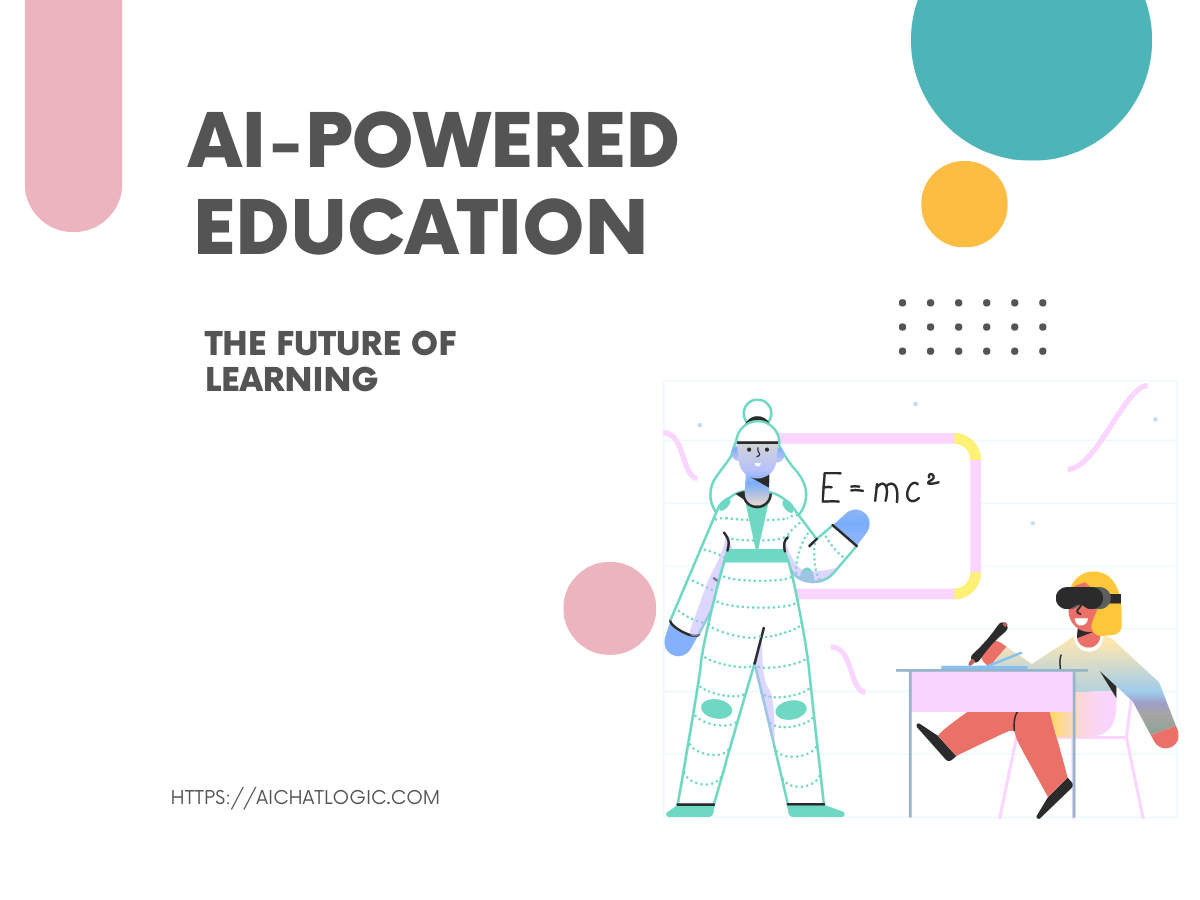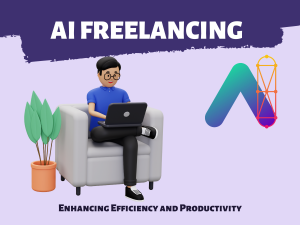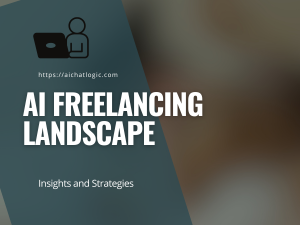1. Introduction
The advent of AI has opened up a world of possibilities in education. AI-powered education leverages advanced technologies to enhance the learning experience, adapt to individual needs, and provide personalized support. With the integration of AI, traditional classrooms are evolving into interactive and engaging environments where students can explore, create, and learn in ways that were previously unimaginable. The future of learning is being reshaped by the transformative potential of AI, revolutionizing the educational landscape and unlocking new opportunities for students and educators alike.
2. Understanding AI-powered Education
AI-powered education refers to the integration of artificial intelligence technologies into educational systems and processes, shaping the future of learning. It involves the use of machine learning algorithms, natural language processing, computer vision, and other AI techniques to develop intelligent systems that facilitate learning and improve educational outcomes. These systems can analyze vast amounts of data, identify patterns, and adapt their approaches to meet the unique needs of each learner, propelling the future of learning towards unprecedented levels of personalization and effectiveness.
3. Personalized Learning Experience
One of the key benefits of AI-powered education is the ability to deliver personalized learning experiences. AI algorithms can assess a student’s strengths, weaknesses, and learning style to create tailored learning paths. Adaptive learning platforms can provide real-time feedback, suggest appropriate resources, and adjust the pace and difficulty of the content to optimize learning outcomes. This individualized approach empowers students to learn at their own pace and achieve their full potential.
4. Intelligent Tutoring Systems
Intelligent tutoring systems (ITS) are a prime example of how AI is transforming education. These systems use AI algorithms to simulate human tutoring interactions, providing personalized guidance and support. ITS can analyze student responses, identify misconceptions, and offer targeted feedback. By adapting to individual learning needs, intelligent tutoring systems can help students master complex concepts and improve their problem-solving skills.
5. Virtual Reality and Augmented Reality in Education
AI-powered education is also making use of virtual reality (VR) and augmented reality (AR) technologies to create immersive learning experiences. VR and AR can transport students to virtual environments, allowing them to explore historical sites, conduct scientific experiments, or engage in interactive simulations. These technologies enhance student engagement, promote critical thinking, and facilitate deeper understanding of complex subjects.
6. Smart Content Creation and Delivery
AI algorithms can analyze vast amounts of educational content, such as textbooks, articles, and videos, to identify relevant concepts, highlight key points, and generate summaries. This automated content curation process saves time for educators and enables them to focus on designing engaging learning activities. Additionally, AI-powered recommendation systems can suggest personalized learning resources based on individual preferences and learning goals.
7. Enhancing Accessibility and Inclusivity
AI-powered education has the potential to bridge the accessibility gap and promote inclusivity. Speech recognition and natural language processing technologies enable students with disabilities to interact with educational materials using voice commands. AI-powered captioning and translation services make educational content accessible to students with hearing impairments or those who speak different languages. By leveraging AI, educational institutions can ensure that every student has equal access to quality education.
8. Data-driven Decision Making
AI-powered education generates a wealth of data that can be utilized to make informed decisions and improve educational practices. By analyzing student performance, engagement, and learning patterns, educators can gain valuable insights into the effectiveness of teaching methods and curriculum design. This data-driven approach enables evidence-based decision making, leading to continuous improvement in the learning process.
9. Ethical Considerations in AI-powered Education
While AI-powered education holds great promise, it also raises ethical considerations that need to be addressed. Privacy concerns, data security, and algorithmic biases are important factors to consider when implementing AI in educational settings. It is crucial to ensure transparency, fairness, and accountability in the design and deployment of AI-powered systems to protect the rights and well-being of students.
10. Overcoming Challenges and Concerns
The adoption of AI-powered education is not without its challenges. Resistance to change, lack of resources, and the need for teacher training are common obstacles that educational institutions may face. To overcome these challenges, it is essential to foster a culture of innovation, provide professional development opportunities, and establish collaborative partnerships between educators, researchers, and technology experts.
11. Future Possibilities and Innovations
The future of AI-powered education holds tremendous potential. Advancements in natural language processing, machine learning, and cognitive computing will pave the way for even more sophisticated educational systems. Intelligent virtual assistants, personalized learning bots, and AI-enabled assessment tools are just a few examples of the exciting innovations that lie ahead. As AI continues to evolve, it will reshape the educational landscape and unlock new possibilities for learners worldwide.
12. Conclusion
AI-powered education is transforming the future of learning by offering personalized, engaging, and inclusive educational experiences. Through intelligent tutoring systems, virtual reality, and augmented reality technologies, AI is revolutionizing the way students learn and educators teach. By harnessing the power of data-driven decision making, educational institutions can continuously improve their teaching methods and ensure better learning outcomes for all. As we embrace AI-powered education, we are paving the way for a brighter and more accessible future of learning.
FAQs
1. How does AI personalize the learning experience?
AI analyzes individual learning styles, strengths, and weaknesses to create tailored learning paths, providing personalized support, feedback, and resources.
2. Can AI-powered education bridge the accessibility gap?
Yes, AI technologies like speech recognition and translation services make educational content more accessible to students with disabilities or language barriers.
3. What are some ethical considerations in AI-powered education?
Ethical considerations include privacy concerns, data security, and ensuring fairness and transparency in the design and deployment of AI systems.
4. How can AI improve data-driven decision making in education?
AI analyzes student performance, engagement, and learning patterns, providing valuable insights for evidence-based decision making and continuous improvement.
5. What does the future hold for AI-powered education?
Advancements in AI technologies will lead to even more sophisticated educational systems, including virtual assistants, personalized learning bots, and AI-enabled assessment tools.










+ There are no comments
Add yours